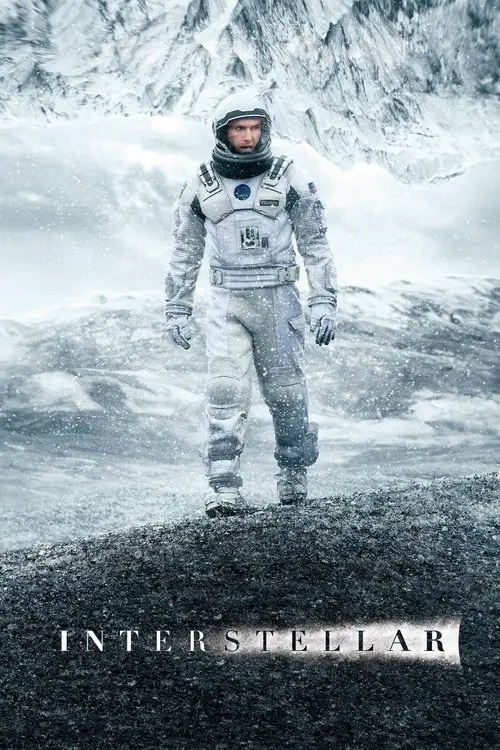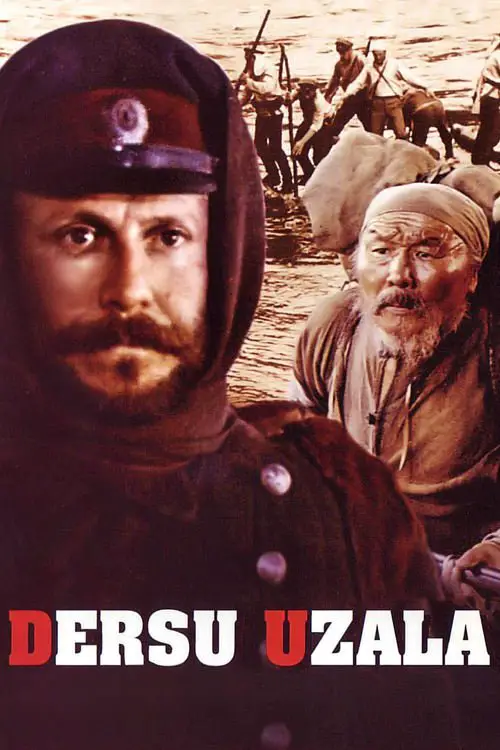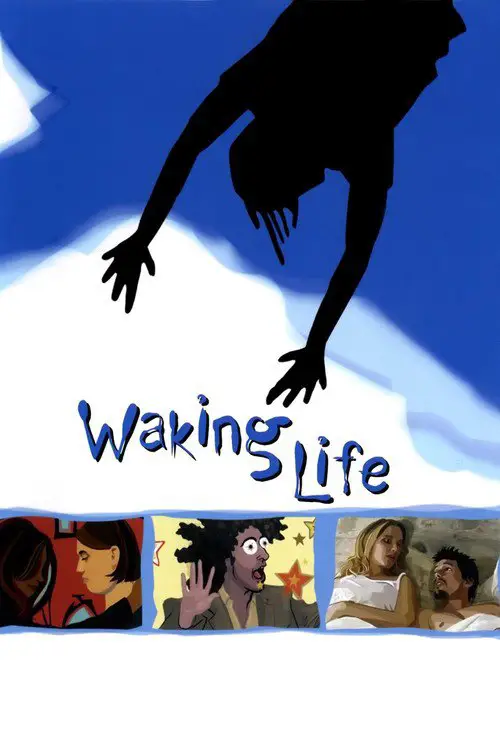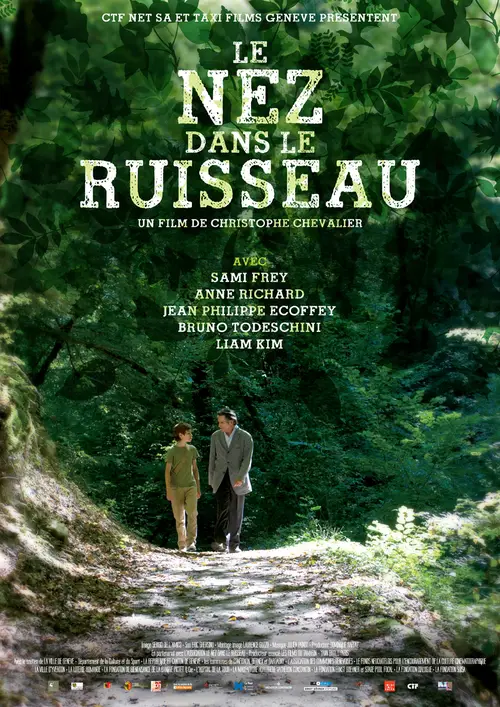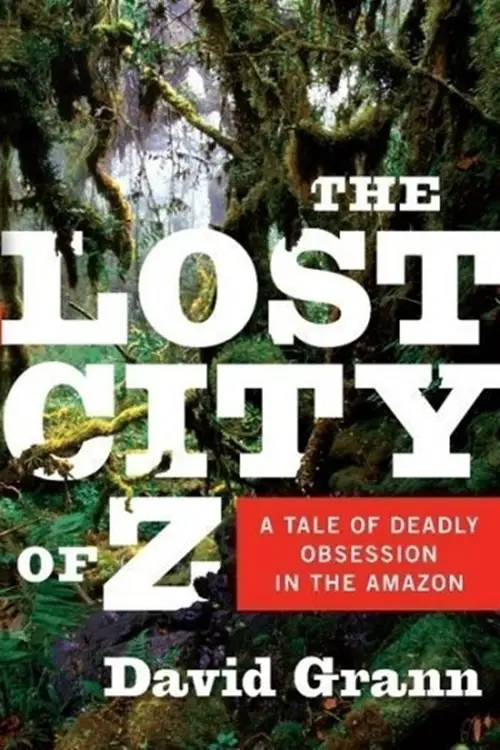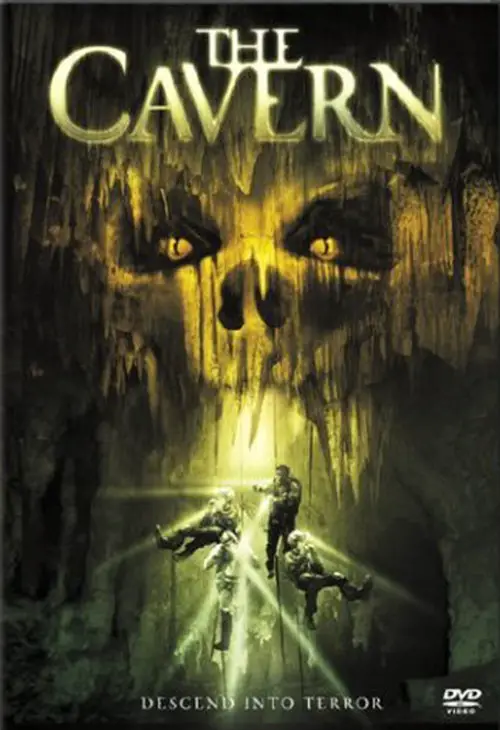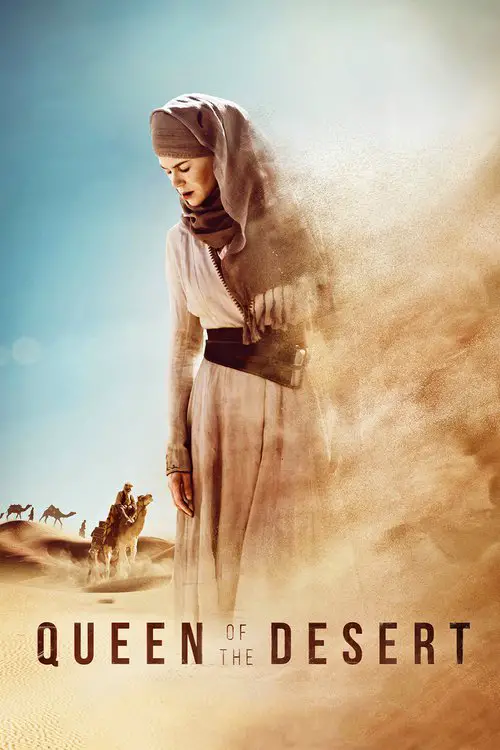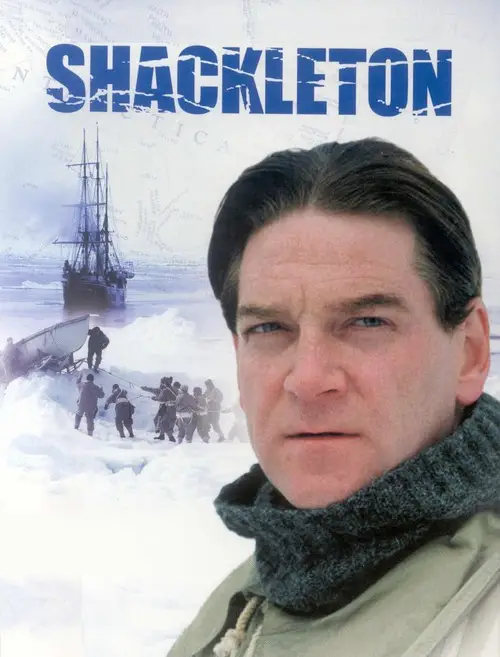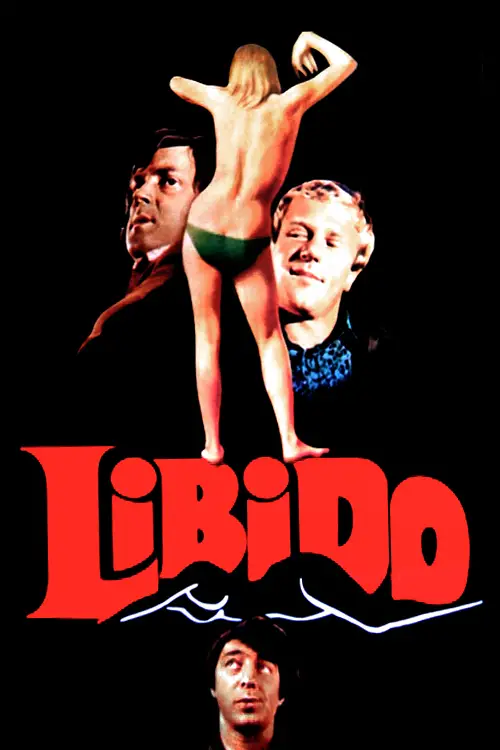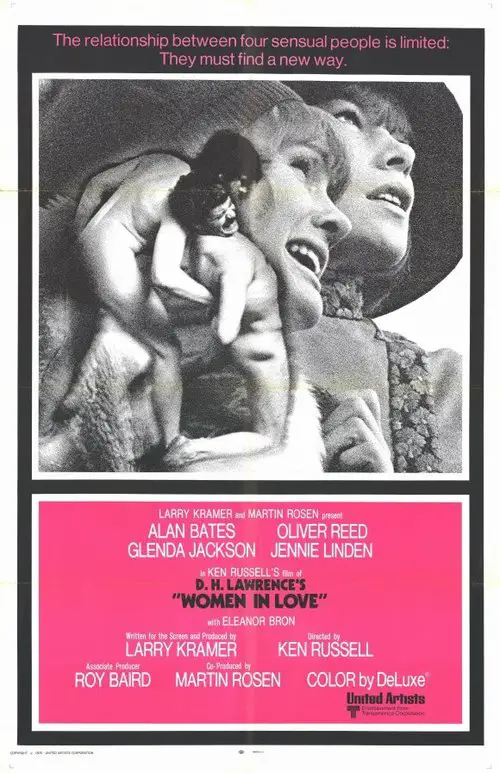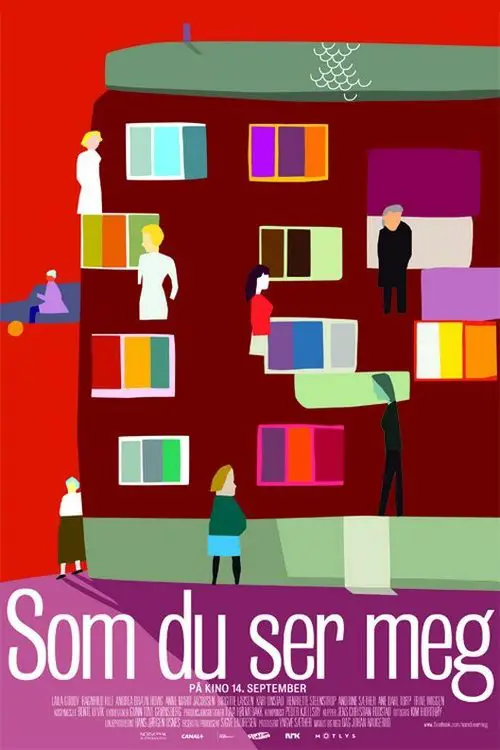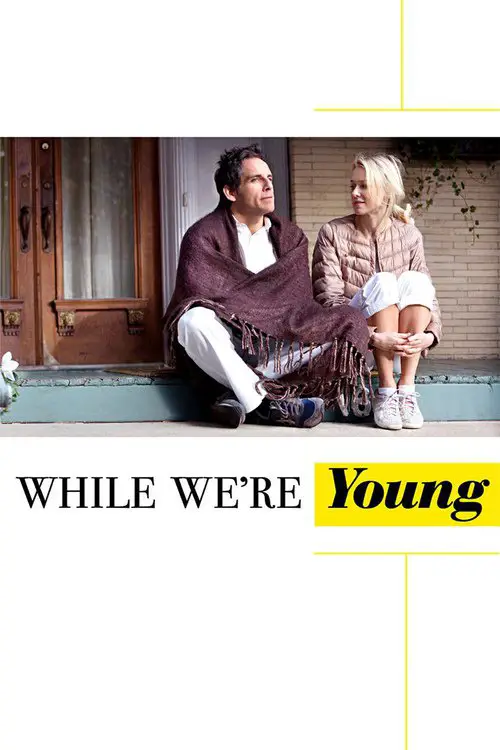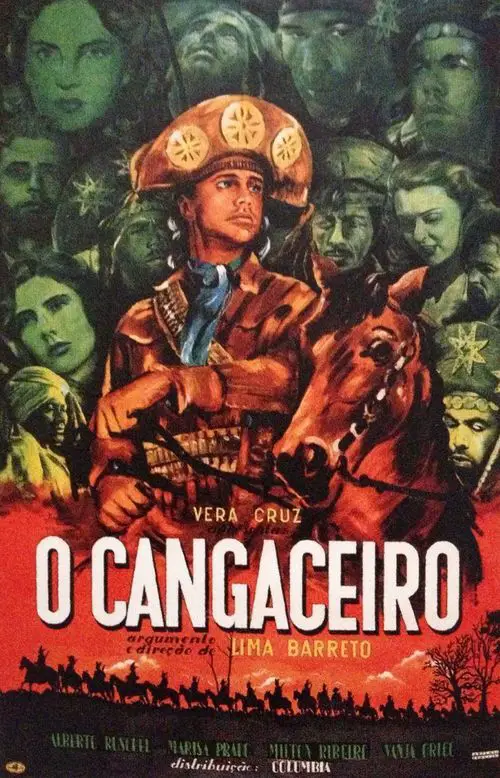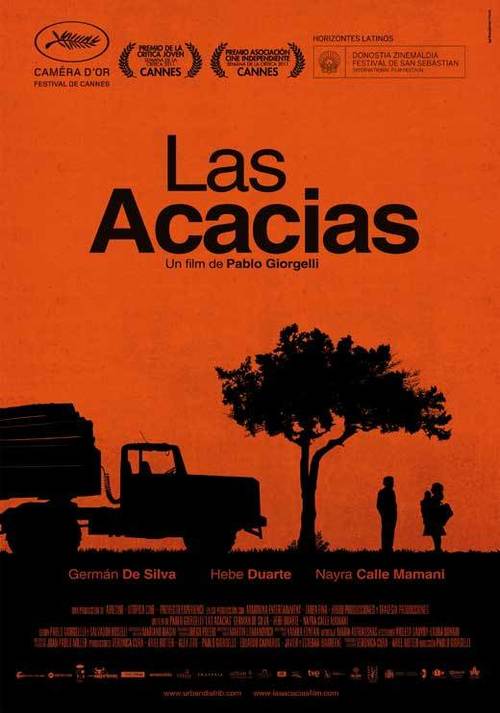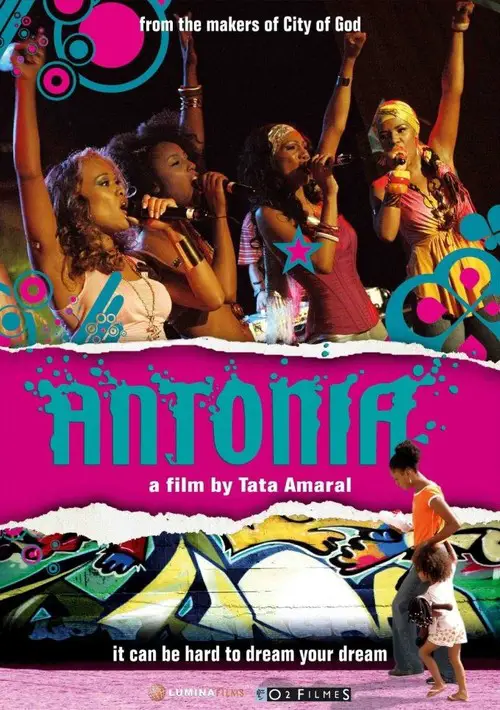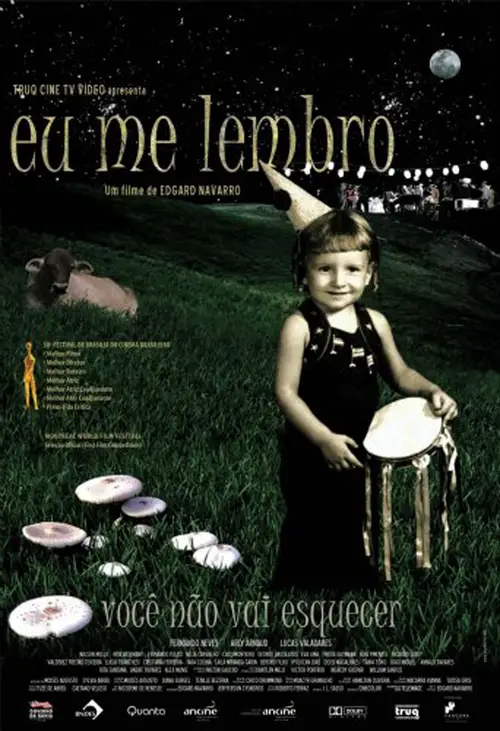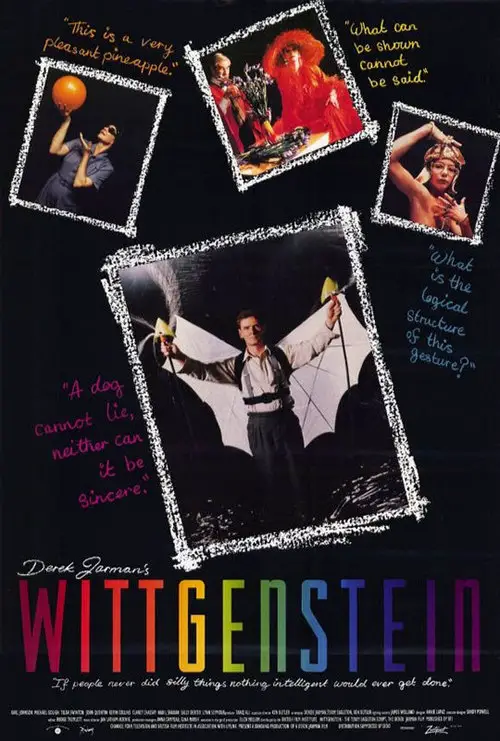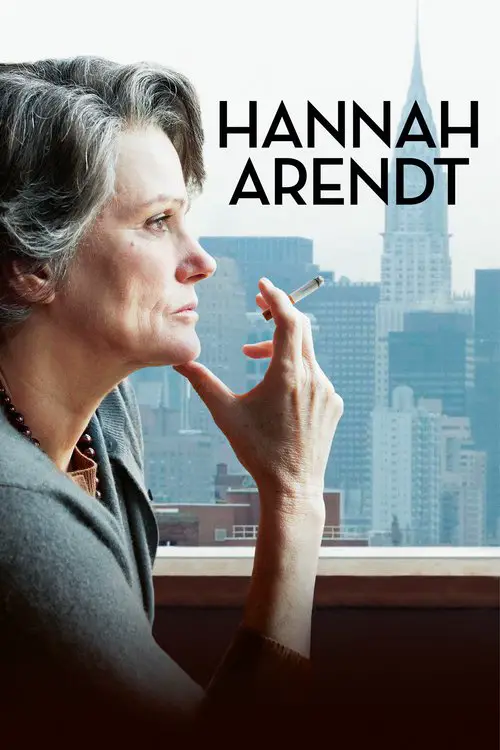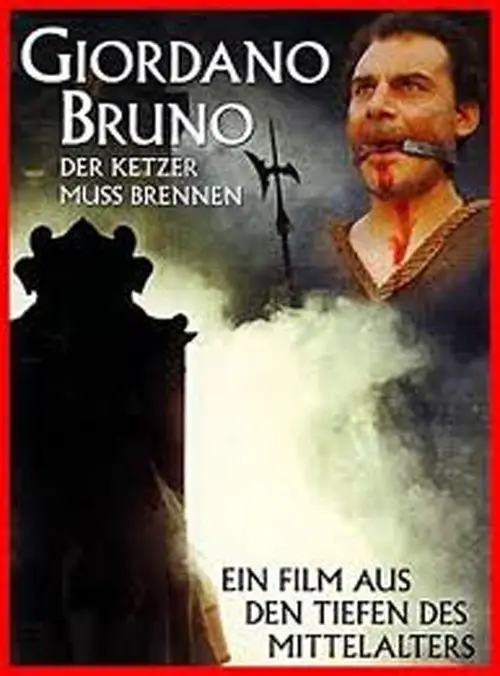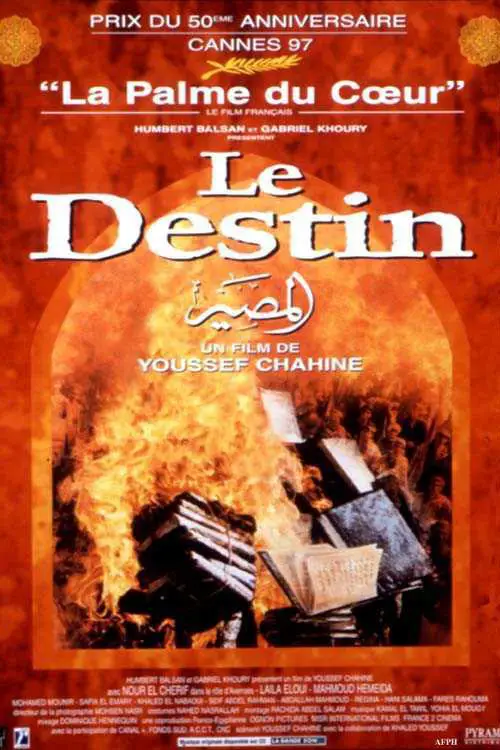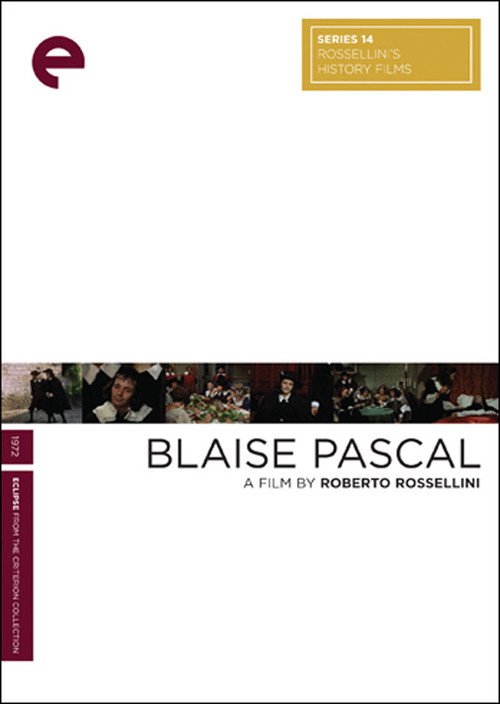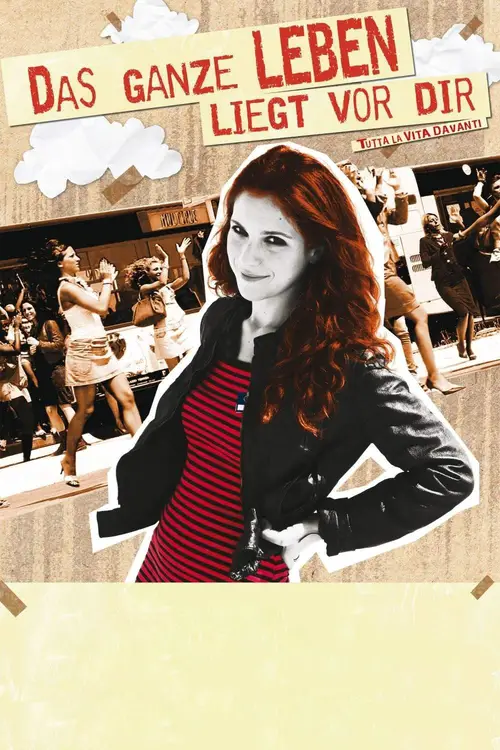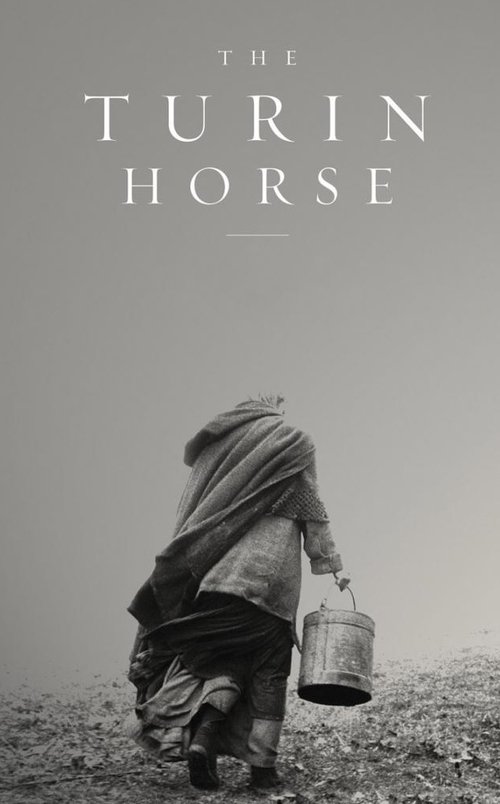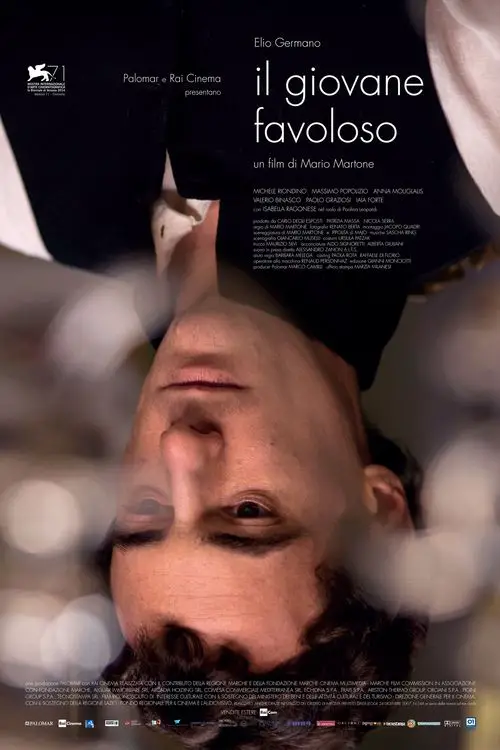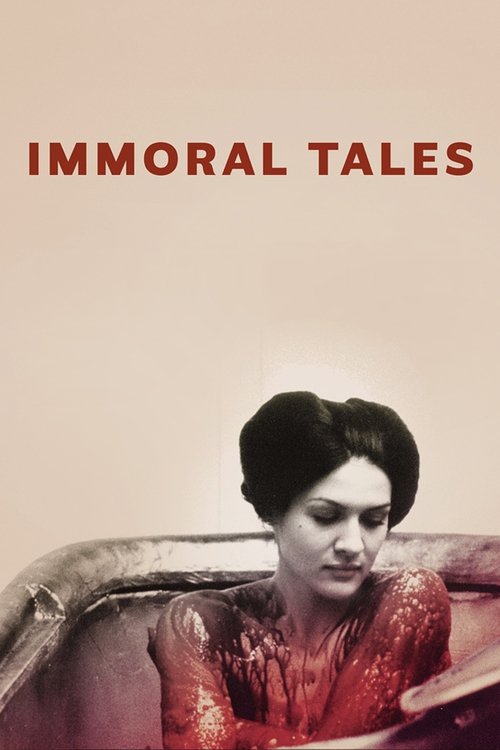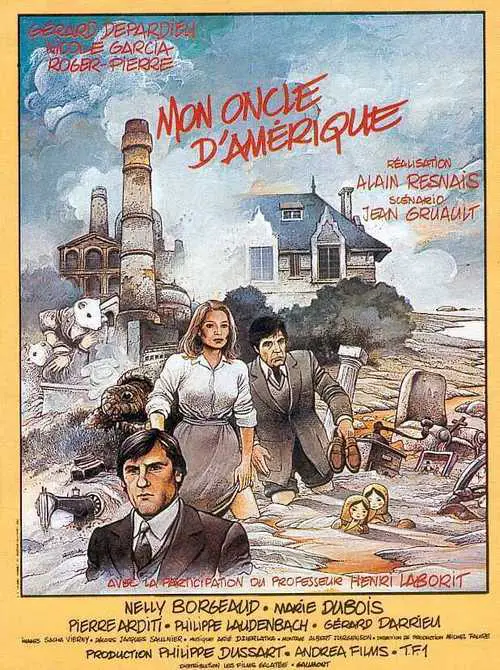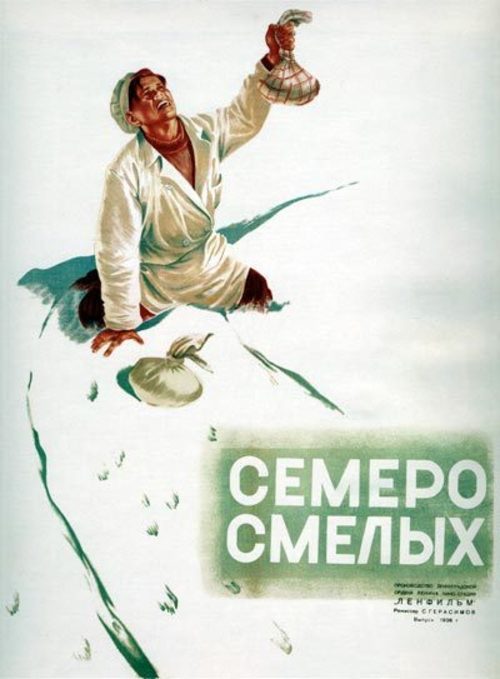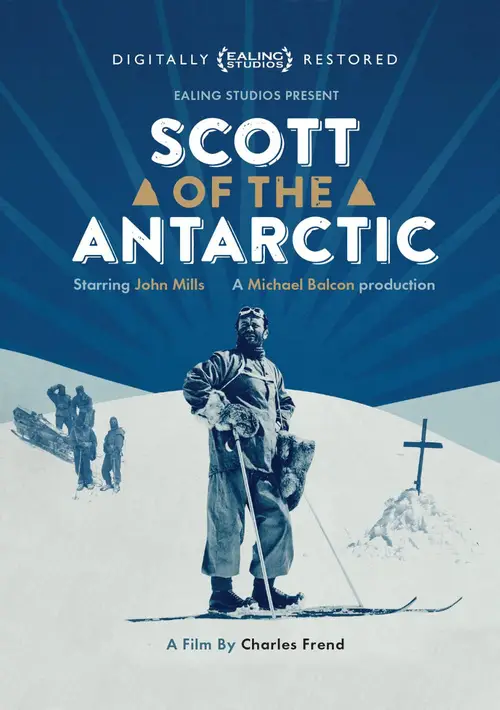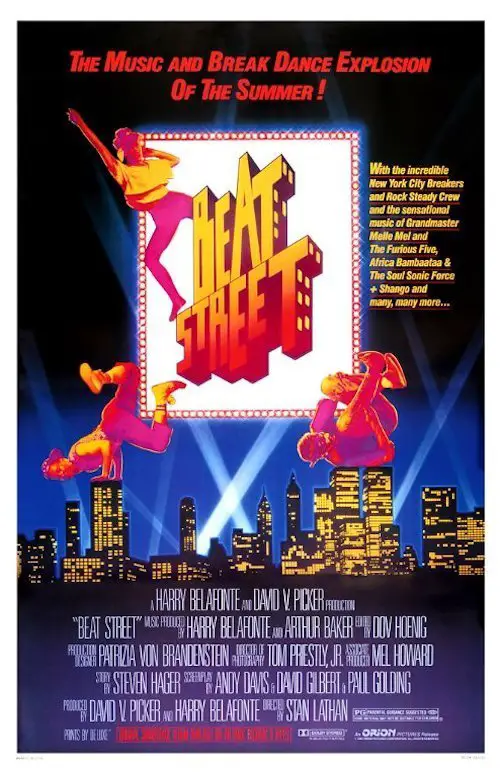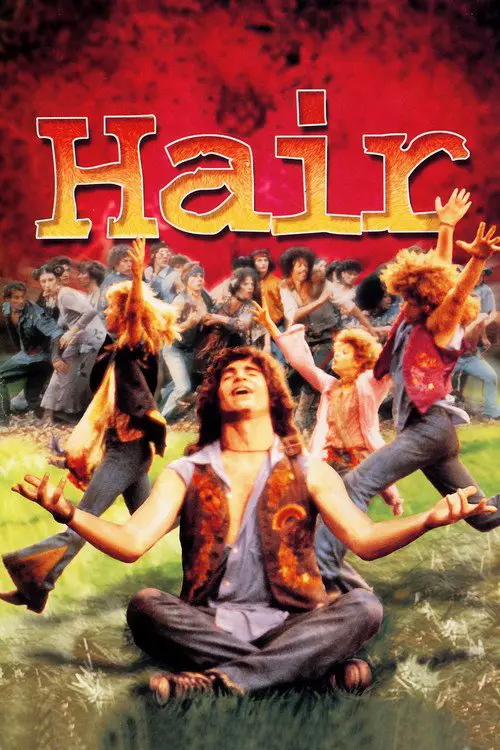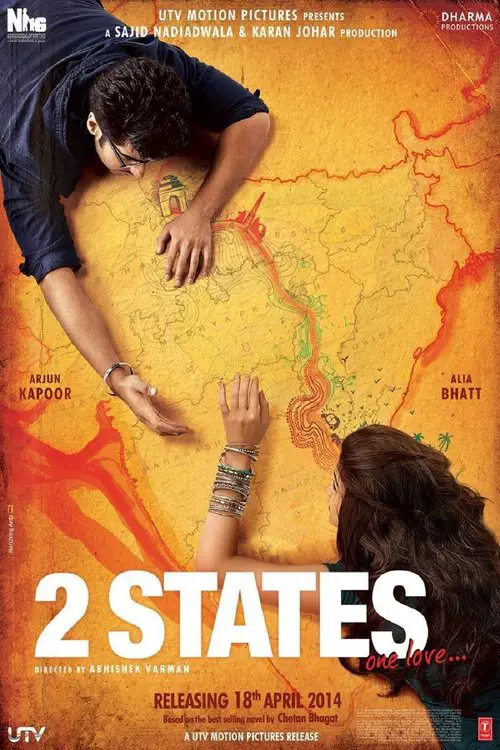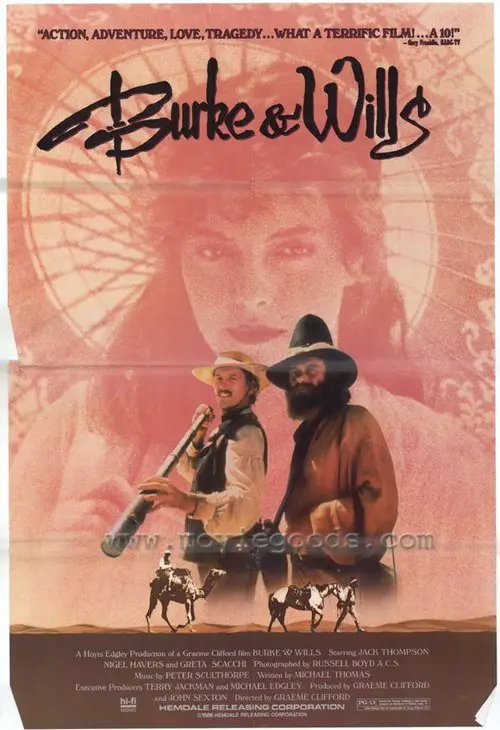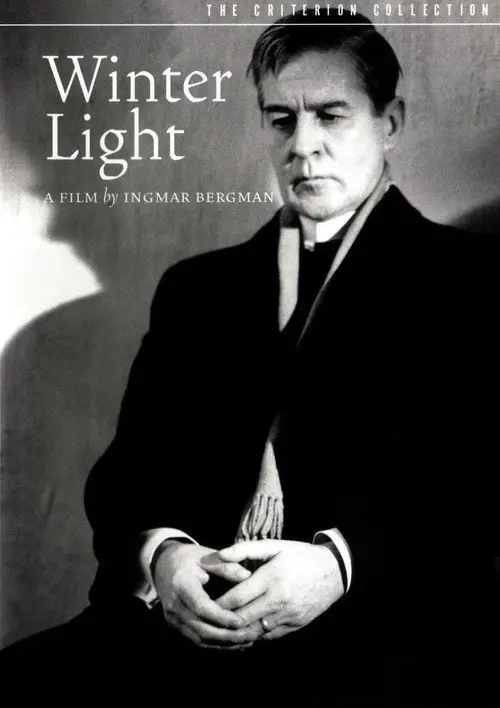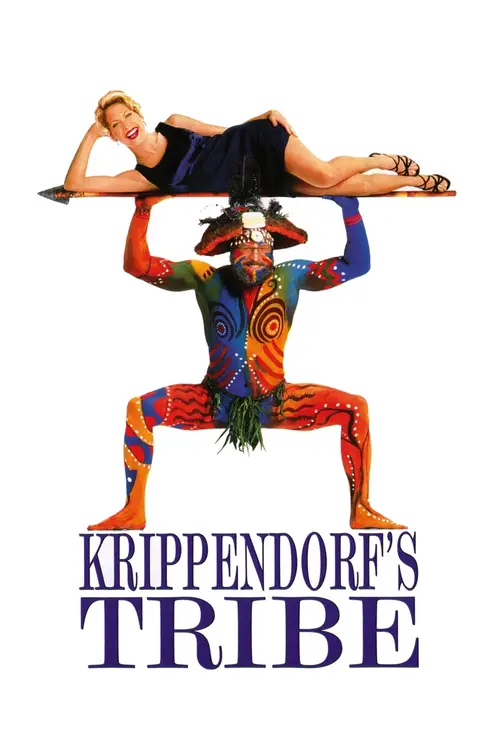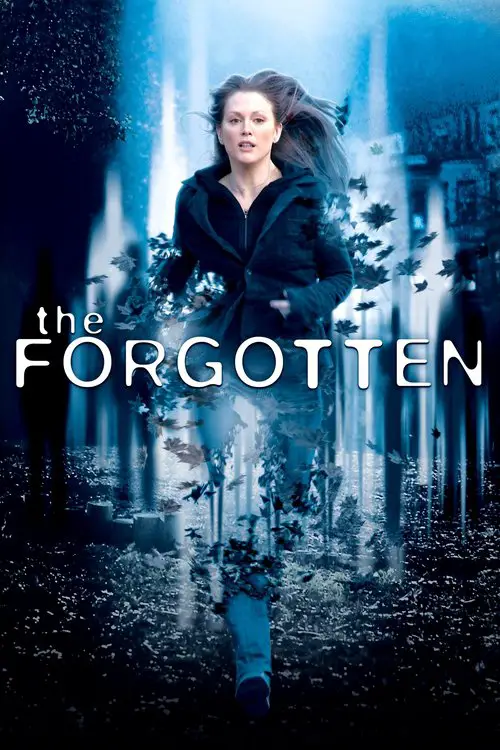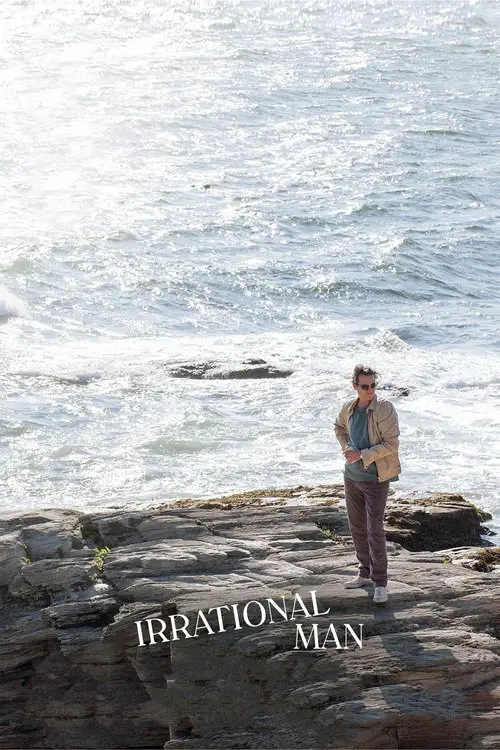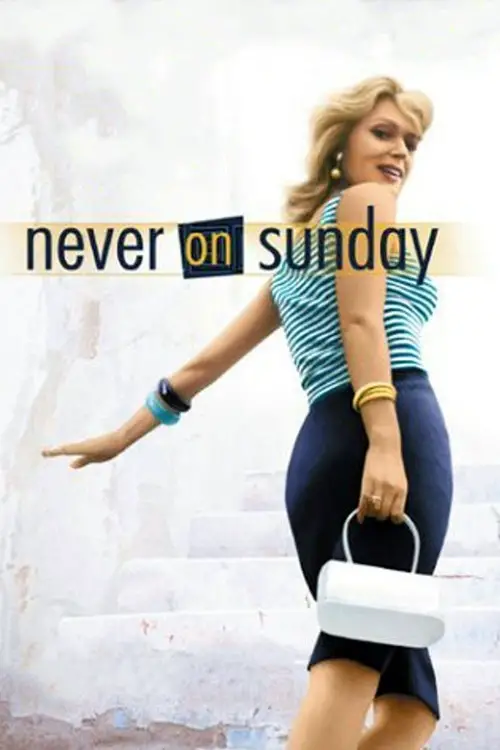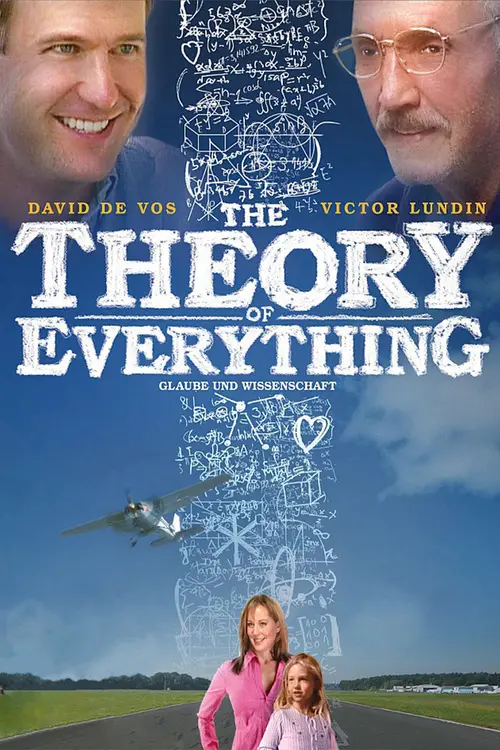Yvy Maraey (2013)
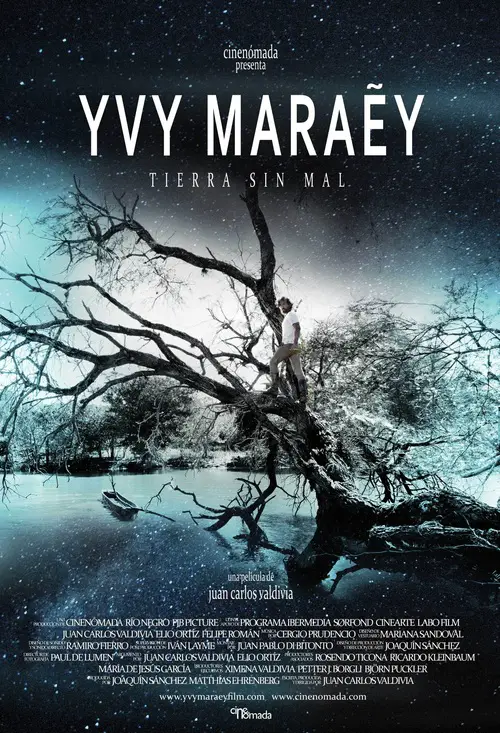
Similar movies
A televsion reporter tasked with making a feature about Jean Jacques Rousseau's upcoming 300th birthday uses a local Swiss boy with a remarkable knowledge about the philosopher as her angle for the feature. She then brings in a local professor and Rousseau expert to try to explain how this boy could possibly know so much about a philosopher who died over a hundred years before he was even born. What unfolds is a story about friendship, nature, and the unequal distribution of wealth.
Scripted by four of Australiaâs greatest authors (David Williamson, Thomas Keneally, Hal Porter and Craig McGregor), this quartet of carnal desires explores adultery and jealous fantasies, the end of innocence, the moral and spiritual conflicts of a priest and a nun in love. The stories define the exploration of women and the cultural upheaval of the early 70s.
Close friends Rupert Birkin (Alan Bates) and Gerald Crich (Oliver Reed) begin romances with siblings Ursula (Jennie Linden) and Gudrun Brangwen (Glenda Jackson). After the couples wed, they take a joint honeymoon to Switzerland, where things begin happily -- but they become increasingly complicated as the trip continues. Rupert and Ursula are determined to stay faithful to one another, while the aloof Gerald and the eccentric Gudrun turn to infidelity and sexual exploration.
A playful tragedy-comedy about how what seems like something of little importance to one person, can seem like a grand disaster to another. A nurse gets into a dispute at work because she switches to speaking English when she gets nervous. A translator compromises her integrity when persuaded to translate a book she doesn't believe in. An elderly woman and her daughter are humiliated when offered a present of one million kroner from a relative. "I Belong" is a warm and nuanced film about people who all mean well, but end up hurting one another. About how people who act on integrity and feelings are seen as troublesome in a society where the ideal is to behave rationally.
Amélie, a young Belgian woman, having spent her childhood in Japan, decides to return to live there and tries to integrate in the Japanese society. She is determined to be a "real Japanese" before her year contract runs out, though it precisely this determination that is incompatable with Japanese humility. Though she is hired for a choice position as a translator at an import/export firm, her inability to understand Japanese cultural norms results in increasingly humiliating demotions. Though Amelie secretly adulates her, her immediate supervisor takes sadistic pleasure in belittling her all along. She finally manages to break Amelie's will by making her the bathroom attendant, and is delighted when Amelie tells her the she will not renew her contract. Amelie realizes that she is finally a real Japanese when she enters the company president's office "with fear and trembling," which could only be possible because her determination was broken by Miss Fubuki's systematic torture.
Rich Bower is an up-and-coming star in the hip-hop world. Everyone wants to be around him, including Raven and her fellow upper-class white high school friends. The growing appeal of black culture among white teens fascinates documentary filmmaker Sam Donager, who sets out to chronicle it with her husband, Terry. But before Bower was a rapper, he was a gangster, and his criminal past comes back to haunt him and all those around him.
In the times of the "cangaceiros" in the "sertão" (backcountry) in the North and Northeastern of Brazil, the cruel Capitão Galdino Ferreira and his band abduct the school teacher OlÃvia, expecting to receive a ransom for her. However, one of his men, Teodoro falls in love and flees with her through the arid backcountry chased by the brigands. Along their journey, OlÃvia also falls in love with Teodoro and proposes him to leave the countryside and move to the city. But Teodoro loves also his land and tells that he would like to die in the backcountry where he was born.
Rubén is a lonely truck driver who has been covering for years the motorway from Asunción del Paraguay to Buenos Aires, carrying wood. However, today's journey will be different. This morning, in a motorway stop near Asunción, Jacinta shows up an hour later to begin a journey by track which is going to take her to Buenos Aires. Wath's more, Rubén finds out at that very moment that little AnahÃ, who's 8 months old, will travel with them- It is not the best beginning. As kilometres go by, th relationship between Rubén and Jacinta will grow. they will slowly meet and sip into each other's soul. None of them talks much about their lives. None asks much either. It's a few word journey but it is not a silent one
Cafundó is a 35 mm color film which blends fact with fiction in the life of João de Camargo, a former black slave (1858-1942, Sorocaba, Brazil) who, in his old age, works miracles and devotes himself to assisting others in order to attain his freedom. João de Camargo represents the genesis of religious and cultural syncretism in Brazil.
Determined to escape their poverty-stricken lives, four talented young women living on the outskirts of Sao Paulo, Brazil, form an all-female rap group but find their road to success is riddled with sexism, racism, and violence. One by one, they succumb to their grim realities...until they discover that out of struggle come strength, and out of strength, the courage to continue on. Written by Echo Bridge Home Entertainment
A dramatization, in modern theatrical style, of the life and thought of the Viennese-born, Cambridge-educated philosopher Ludwig Wittgenstein (1889-1951), whose principal interest was the nature and limits of language. A series of sketches depict the unfolding of his life from boyhood, through the era of the first World War, to his eventual Cambridge professorship and association with Bertrand Russell and John Maynard Keynes. The emphasis in these sketches is on the exposition of the ideas of Wittgenstein, a homosexual, and an intuitive, moody, proud, and perfectionistic thinker generally regarded as a genius.
Hannah Arendt is a portrait of the genius that shook the world with her discovery of âthe banality of evil.â After she attends the Nazi Adolf Eichmannâs trial in Jerusalem, Arendt dares to write about the Holocaust in terms no one has ever heard before. Her work instantly provokes a furious scandal, and Arendt stands strong as she is attacked by friends and foes alike. But as the German-Jewish émigré also struggles to suppress her own painful associations with the past, the film exposes her beguiling blend of arrogance and vulnerability â revealing a soul defined and derailed by exile.
As the 18th descendant of an extremely insignificant philosopher and inventor from ancient China, McDull is fortunate that he does not have a lot to live up to. However, his mother has higher aspirations for him and decides to send him to a martial arts school in China. Overweight and slow on his feet, McDull is the last of his classmates to run away when the headmaster needs to choose someone to represent the school in an international children's martial arts competition.
The story is set in the 12th century in Arab-ruled Spanish province Andalusia, where famed philosopher Averroes is appointed grand judge by the caliph and his liberal court judgements are not liked by everyone. The caliph's political rivals, centered around the leader of a fanatical Islamic sect, force the caliph to send Averroes into exile, but his ideas keep on living thanks to his students.
Sunny is the singer of band trying to establish itself in the music-scene of East-Berlin. They play regular gigs in small towns, but Sunny feels out of touch with the audience and her life as a whole. She begins a relationship with the amateur saxophonist and studied philosopher Ralph who writes her a very personal song - but his obsession with death and unfaithful lifestyle is not for her. After getting into a quarrel with a band member who harasses her and telling off a show-host she is thrown out of the band. Abandoned, she struggles to regain control over her life.
There is something horribly wrong with the bodies found in the dark city streets. Some are mutilated while others have the Price equation (wÎz = Cov (w,z) = βwzVz) carved into their flesh. Detective Eddie Argo and his new partner Helen Westcott unearth the meaning of the odd equation and realise each victim is being offered a gruesome choice: kill your loved ones, or be killed. Before long it becomes clear that the perpetrator has suffered a similar fate and is now coping by seeking a way to solve this philosophical dilemma.
The vicissitudes of a newly graduated girl in the universe of the precarious work. Marta is a well- educated girl; she is curious and silent one, which finds work in the call center of a company that sells a futuristic appliance. So she finds out a new fantastic world formed by young telephone operator and fanatic seller, corporate jingle, motivational dance, prize giving, ovation and penance. A bittersweet picture of modern society narrated through the eyes of a funny young philosopher
A philosophical and poetic portrait of the famous (or maybe infamous?) Baron Munchhausen. His crazy, yet very merriment, stories, views and behavior is what sets him apart from others. He becomes alienated from the society that failed to grasp his brilliance. In fact, his brilliance is what underlines the faults with the society itself. It's a beautiful yet tragic story that is filled with dense and intellectual dialogue.
This story takes place in a small town on the Hungarian Plain. In a provincial town, which is surrounded with nothing else but frost. It is bitterly cold weather â without snow. Even in this bewildered cold hundreds of people are standing around the circus tent, which is put up in the main square, to see â as the outcome of their wait â the chief attraction, the stuffed carcass of a real whale. The people are coming from everywhere. From the neighboring settlings, even from quite far away parts of the country. They are following this clumsy monster as a dumb, faceless, rag-wearing crowd. This strange state of affairs â the appearance of the foreigners, the extreme frost â disturbs the order of the small town. Ambitious personages of the story feel they can take advantage of this situation. The tension growing to the unbearable is brought to explosion by the figure of the Prince, who is pretending facelessness. Even his mere appearance is enough to break loose destructive emotions...
1889. German philosopher Friedrich Nietzsche witnessed the whipping of a horse while traveling in Turin, Italy. He tossed his arms around the horse's neck to protect it then collapsed to the ground. In less than one month, Nietzsche would be diagnosed with a serious mental illness that would make him bed-ridden and speechless for the next eleven years until his death. But whatever did happen to the horse? This film, which is Tarr's last, follows up this question in a fictionalized story of what occurred. The man who whipped the horse is a rural farmer who makes his living taking on carting jobs into the city with his horse-drawn cart. The horse is old and in very poor health, but does its best to obey its master's commands. The farmer and his daughter must come to the understanding that it will be unable to go on sustaining their livelihoods. The dying of the horse is the foundation of this tragic tale.
Four erotic tales from in various historical eras. The first, 'The Tide', is set in the present day, and concerns a student and his young female cousin stranded on the beach by the tide, secluded from prying eyes. 'Therese Philosophe' is set in the nineteenth century, and concerns a girl being locked in her bedroom, where she contemplates the erotic potential of the objects contained within it. 'Erzsebet Bathory' is a portrait of the sixteenth-century countess who allegedly bathed in the blood of virgins, while 'Lucrezia Borgia' concerns an incestuous fifteenth-century orgy involving Lucrezia, her brother, and her father the Pope.
Through the experiences of two women in Paris and London, Ghost Dance offers an analysis of the complexity of our conceptions of ghosts, memory and the past. The film focuses on the French philosopher Jacques Derrida, who observes, 'I think cinema, when it's not boring, is the art of letting ghosts come back.' He also says that 'memory is the past that has never had the form of the present.'
Six polar explorers arrives to a remote island in Arctic for a year-long scientific expedition. When their ship departs, they unpack only to find a young stowaway, who romanticized Arctic heroes, and tried to join them on multiple occasions finally succeeding. That's how six became seven. LIfe of polar explorers is tough, and full of danger. During one year they are largely isolated from the mainland, and should survive using their resourcefulness, smarts, knowledge, and existing supplies with occasional unreliable radio communications. The Seven are resilient, cheerful, they forged a true friendship. Now they are ready to face the unforgiving Arctic.
The movie is set in the remote chinese province of Fenyang, and spans the turbulent 1980s by following four performers in the state-run Peasant Culture Group. We see the group evolve from workers that are restricted to approved revolutionary classics that praise Chairman Mao, through performance of western classics, after china adopts an 'open door' policy, and the effects on their lives.
An anthropologist is brought to an arctic base when explorers discover the body of a prehistoric man who has been frozen in a block of ice for 40,000 years. After thawing the body to perform an autopsy, scientists discover to their amazement a real possibility to revive him and their attempt to resuscitate the "iceman" proves successful.
This is a story about a romantic journey of a culturally opposite couple - Krish Malhotra and Ananya Swaminathan. They meet at the IIM-Ahmedabad College and during the program they fall in love. Complications arise after the program comes to an end and they decide to get married. Krish and Ananya belong to two different states of India. Krish, a North Indian Punjabi boy from Delhi, and Ananya, a Tamilian Brahmin from Chennai. They take a conscious decision; they won't get married until their parents agree. Everything goes downhill when the parents meet. There is a cultural clash and the parents oppose the wedding. To convert their love story into a love marriage, the couple faces a tough battle in front of them. For it is easy to fight and rebel, but much harder to convince. Will Krish and Ananya's love for each other sustain the battles? Will they manage to convince their parents and make it to their wedding? The film thus is a humorous take on inter community marriages in India.
When a western Pennsylvania auto plant is acquired by a Japanese company, brokering auto worker Hunt Stevenson faces the tricky challenge of mediating the assimilation of two clashing corporate cultures. At one end is the Japanese plant manager and the sycophant who is angling for his position. At the other, a number of disgruntled long-time union members struggle with the new exigencies of Japanese quality control.
Master craftsman Ingmar Bergman explores the search for redemption in a meaningless existence. In this stark depiction of spiritual crisis, small-town pastor Tomas Ericsson (Gunnar Björnstrand) performs his duties mechanically before a dwindling congregation. When he is asked to assist with a troubled parishionerâs (Max von Sydow) debilitating fear of nuclear annihilation, Tomas is terrified to find that he can provide nothing but his own uncertainty.
After squandering his grant money, despondent and recently widowed anthropologist James Krippendorf must produce hard evidence of the existence of a heretofore undiscovered New Guinea tribe. Grass skirts, makeup, and staged rituals transform his three troubled children into the Shelmikedmu, a primitive culture whose habits enthrall scholars. But when a spiteful rival threatens to blow the whistle on Krippendorf's ruse, he gets into the act as well.
The film narrates the love between Janaina and a native warrior who, when dying, takes the form of a bird. For six centuries, the story of the couple survives through four stages in the history of Brazil: 1500, when the country was discovered by the Portuguese explorers, 1800, in events during slavery; 1970, during the high point of the military dictatorship, and 2096, when there will be a war over water.
Telly Paretta is a grieving mother struggling to cope with the loss of her 8-year-old son. She is stunned when her psychiatrist reveals that she has created eight years of memories about a son she never had. But when she meets a man who has had a similar experience, Telly embarks on a search to prove her son's existence, and her sanity.
Angel's Egg (天使ã®ãã¾ã Tenshi no Tamago?) is a Japanese anime feature film produced by Tokuma Shoten in 1985. A collaboration between popular artist Yoshitaka Amano and director Mamoru Oshii, it incorporates surrealistic and existentialist qualities. It uses almost no little dialogue, making it a commonly cited example of progressive anime.
Never on Sunday is a 1960 Greek black-and-white film which tells the story of Ilya, a prostitute who lives in the port of Piraeus in Greece, and Homer, an American tourist from Middletown, Connecticut â a classical scholar enamored with all things Greek. Ilya is a character close to the "hooker with a heart of gold" cliché. Homer feels Ilya's life style typifies the degradation of Greek classical culture and attempts to steer her onto the path of morality. It constitutes a variation of the Pygmalion story. The film stars Melina Mercouri and Jules Dassin, and it gently submerges the viewer into Greek culture, including dance, music, and language (through the use of subtitles). The signature song and the bouzouki theme of the movie became hits of the 1960s and brought the composer, Manos Hadjidakis, an Academy Award.
Does God exist? Does Science prove God's existence or provide more reasons to doubt? Doug Holloway (David de Vos), a family man on the verge of financial and marital ruin, embarks on a journey to find his birth father, Dr. Eugene Holland (Victor Lundin). Dr. Holland is on a mission of his own - to prove the Holy Grail of physics - the Theory of Everything - that may prove the existence of Go...
© Valossa 2015–2026
| Privacy Policy
